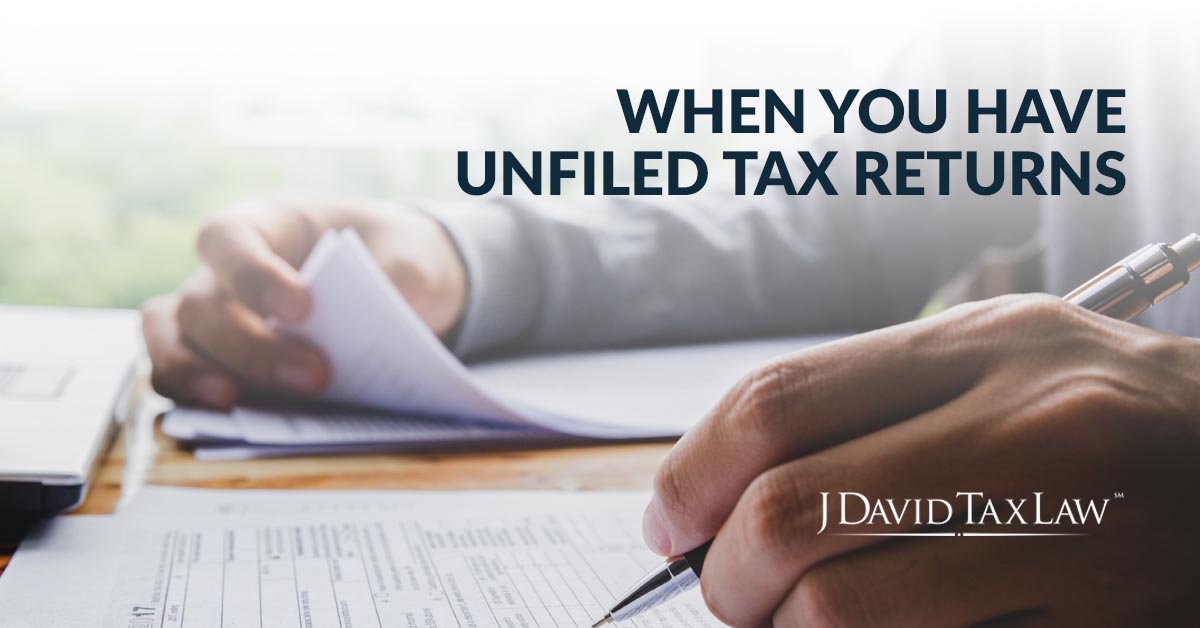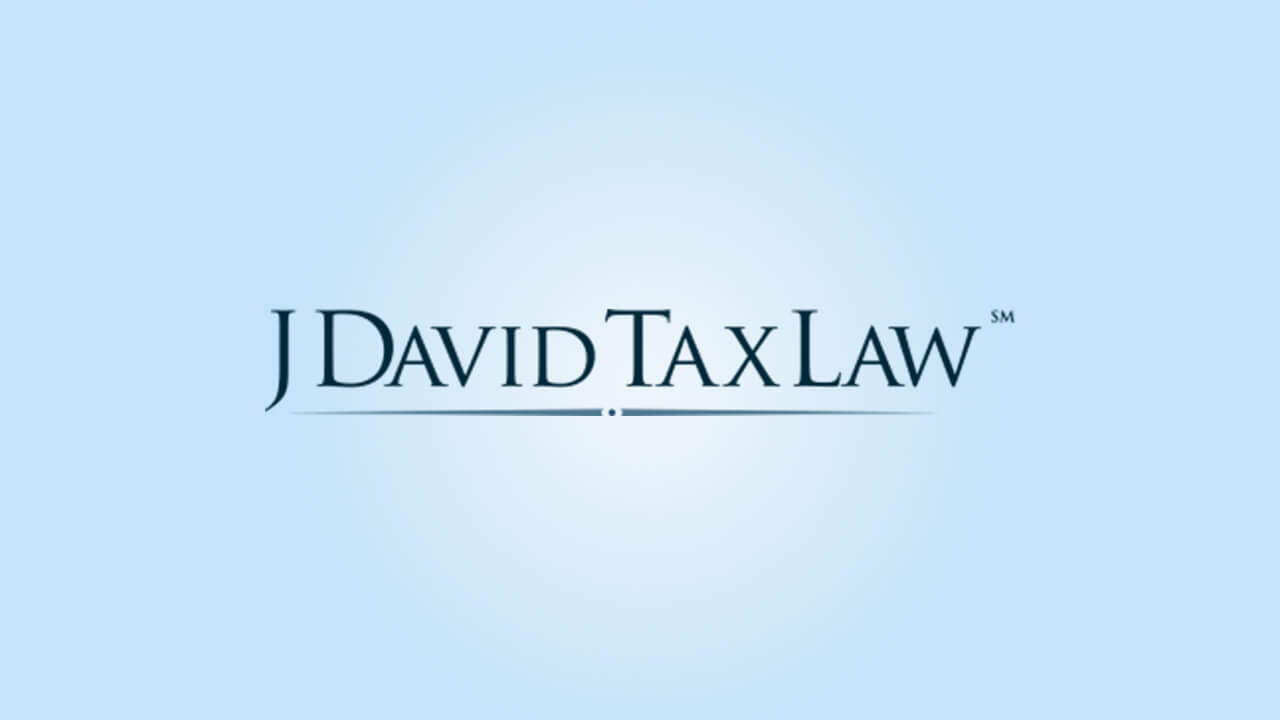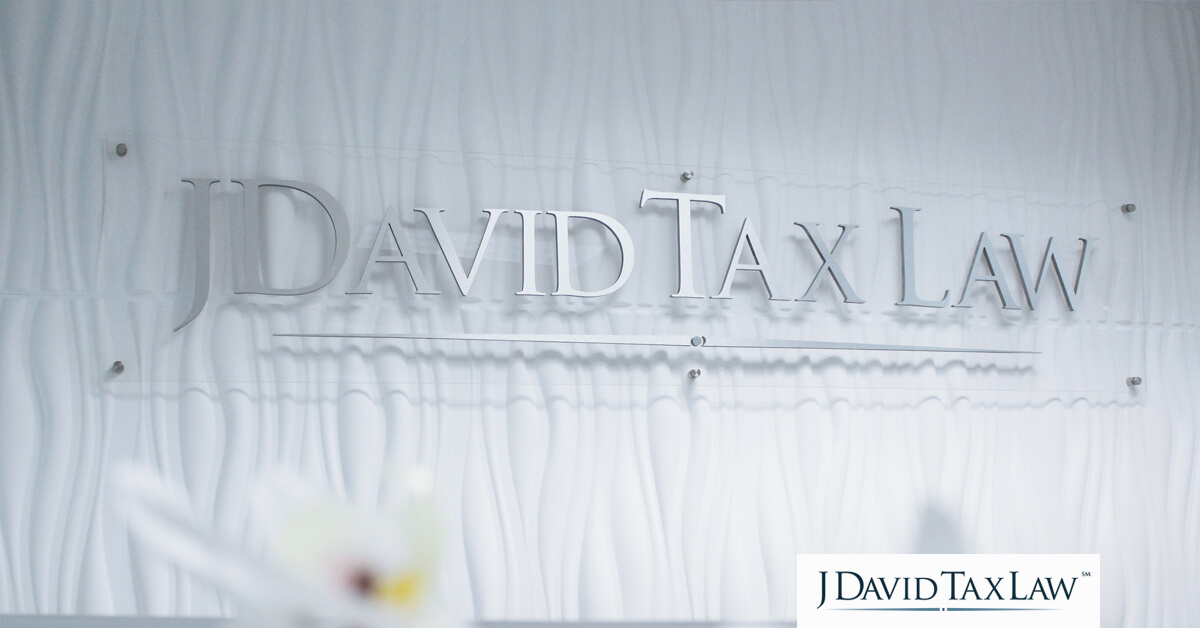
A wage garnishment is one of the most common and most aggressive forms of IRS collection action. It can also be administered by State Departments of Revenue. When this occurs, a percentage of your paycheck will be withheld and sent to the Department of Treasury or to the State in which you owe until your tax liability is satisfied. We are able to release most wage garnishments within 48 hours, especially in cases where you are not able to meet your monthly expenses because of it.

If you owe a past due IRS or State tax debt, the IRS or State tax departments of revenue can place a lien on your property that you own or come to own in order to collect on your tax debt. The assets the federal tax lien attaches to includes your bank accounts, income, property and assets. If you act quickly a federal tax lien can sometimes be withdrawn or released.

If you operate a business and have employees working for you, then you likely need to file IRS Form 941, Employer’s Quarterly Federal Tax Return, four times per year. As an employer, you are responsible for withholding federal income tax and other payroll taxes from each employee’s paycheck and remitting it to the IRS.

The IRS will select a taxpayer for an audit either randomly or because of a specific reason such as discrepancies in a taxpayers reported income, deductions, or credits. It is important to engage the services of an experienced team such as J. David Tax Law® to ensure that the audit process goes smoothly and you protect the rights available to you.

There are many options available to a taxpayer in order to resolve their back tax debt. For taxpayers who are unable to pay their tax debt liability in full there are a few important options to consider. An offer in compromise, an install agreement and currently non-collectible status are three common options to consider. In other cases, by correcting mistakes or filing the proper tax forms that were not done originally, a favorable tax resolution can be obtained.

Whether you are an individual or business suffering from tax debt issues, J. David Tax Law® has a top rated tax attorney to advise you of your options and will handle the resolution for you or coach you on how to obtain one on your own.
![]()















